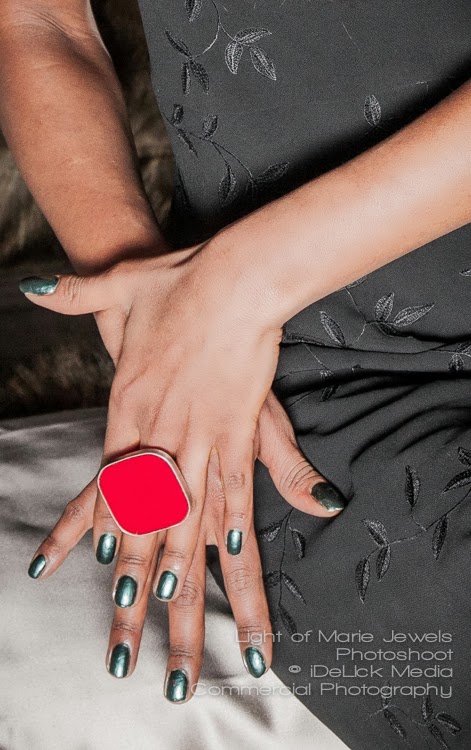"You know it's only going to be less than ten years since we've had the first black journalist [Harry Roselmack] on mainstream television."
In Part 3 of this four-part post, Marie retrospectively speaks on her experiences as a black woman in Europe, and her opinion on the state of social-integration amongst black communities in France.
And so the conversation continues …


Black People in Europe: Her Experience.
When I came to London almost twenty years ago, I went to open a bank account and I saw a black manager. I was so shocked, because you would never ever see that in France. Never … a black person being a manager of a bank?! Never, no way! That's not possible. I would say the majority of the black people in France are working for the government: for France telecommunications, as the police on estates, or as cleaners. In the private sector, you won't find lots of black people there. There is not much.
When I was younger, my parents would say to me “you need to make sure you have a wage every month, so you need to have a secure job.” My mum wanted me to work with her at France Telecoms. But I told her “no, that's not me. Mum, I can't … that's not me.”

I can't speak for everyone, but I know that because I am black I am also African. There's no doubt there for me. Now, the real open question is “where do I come from [in Africa]?” Everyone says I have got features of a Cameroonian. But I honestly don't know, I would like to know though: I am trying to find it out because I don't know anything about my African heritage.
Even as I tell you that I am Caribbean. I feel more French than Caribbean because I've lived in France for twenty-three years. I've never really lived in Martinique, the longest I had stayed there was two months for holidays. So regarding knowing about my Caribbean or African culture etcetera … I honestly don't know [much].
The other reason why filling this void or gap in my identity is important is because they say sickle-cell is genetic, and sickle-cell trait is more prevalent with people from [sub-Saharan] Africa.

About black women, the stereotype is that we are loud. But I think people confuse being outspoken and voicing what you think with being loud. However, compared to the black men, we are considered more docile.
However, I think it's important to be yourself and not compromise who you are in this process of trying to the best. I don't apologise for being myself, for speaking up to voice my opinion especially when injustice is happening.
Look out for the final post of Yaaya’s conversation with Marie, where we understand her interpretation of social invisibility, the importance of mentoring, and her achievements and future ambitions. Do you also identify with any of Marie’s experiences living as a black person in Europe? Leave your comments below to join the conversation, we’d love to hear your story too.
Image Source | These images do not belong to Yaaya. Images courtesy of Marie-Maimoona Jeannot (Light Of Marie Jewels)
















0 comments :
Post a Comment